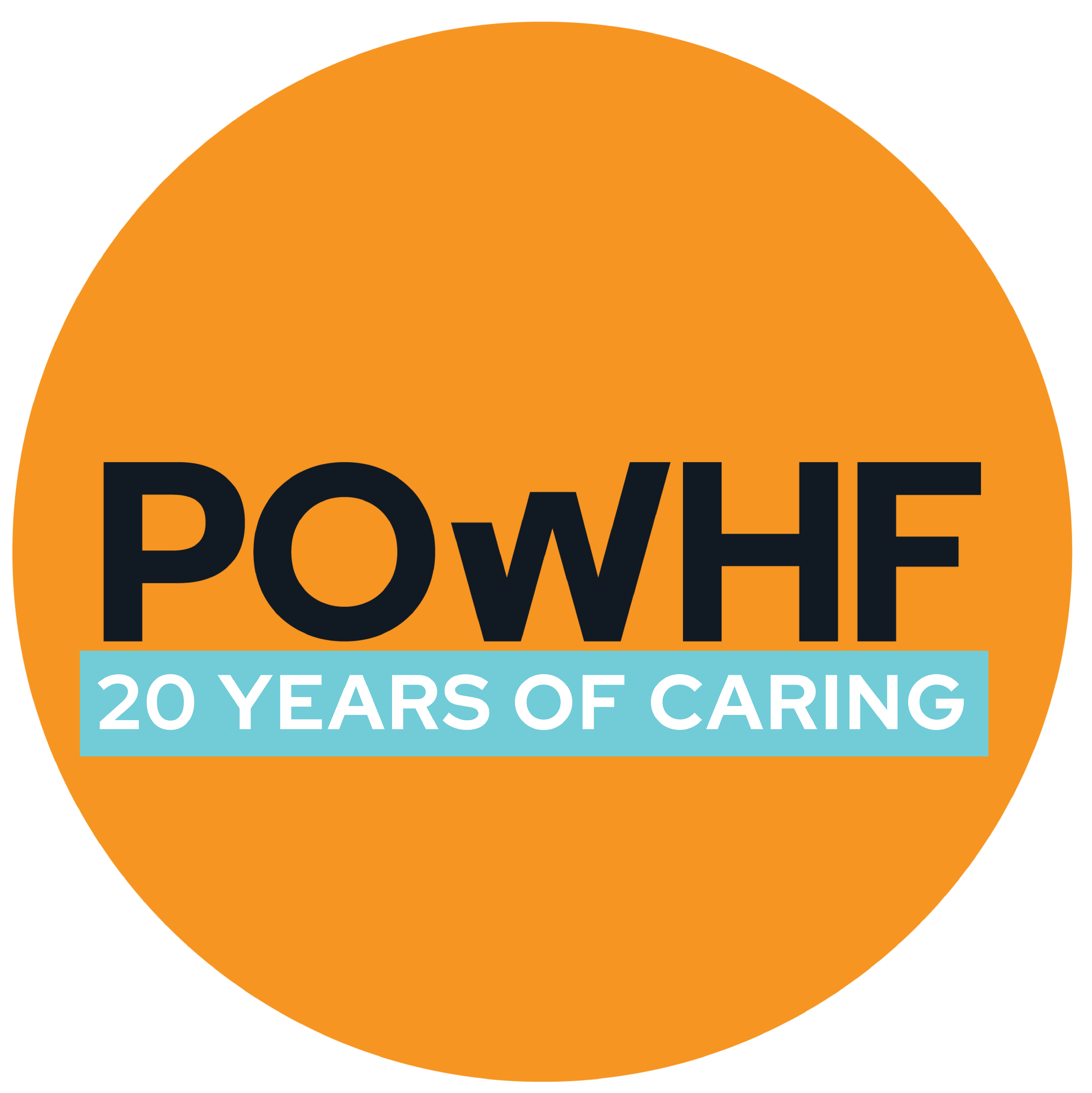This week is Heart Health Week here in Australia. Maintaining a healthy heart is something that everyone should prioritize on a daily basis. What you eat, how much you move, whether you smoke, your cholesterol and blood pressure levels are five things that can impact your heart.
Heart Week is Australia’s national heart health awareness week that is held in the first week of May every year. It gives the Australian public alongside health professionals to start the conversation about heart health and the many ways and steps to reduce their risk of heart diseases.
Understanding Heart Disease
Heart disease is a broad term that is used to describe the conditions that affect the structure and the function of the heart muscle. This includes coronary heart disease, arrhythmias, heart failure and valve disease. In Australia, heart disease is still the leading cause of death. Every 30 mins, one Australian loses their life to heart disease.[1] It also has led to chronic health problems for many patients that require ongoing support or life-long care. The good thing is heart disease can be preventable by adopting a healthy lifestyle, medications and/or surgery (if necessary).
Heart disease can have a variety of different causes. Men experience heart disease risks more than women, especially in certain ethnic groups. Heart disease can run through the family which means if its in your genetics, you may be at risk or be born with a heart disease.
The Importance of Maintaining Heart Health
Even if heart disease doesn’t run in the family, every one can be at risk of developing heart disease. There are many risk factors that relate to many heart disease conditions which are related to the lifestyle choices you make such as what you eat, how often you exercise, and if you smoke.
In most cases, heart disease is preventable by reducing your risk of heart disease. Improving your lifestyle choices is the best way to start.
Adopting healthy eating habits, regular exercise, completely avoiding smoking and seeing your GP regularly can help reduce your risk significantly. Your GP may conduct heart health checks such as high blood pressure, diabetes or high cholesterol tests to scan for any potential risks.
Tips for Improving Heart Health
Here are some practical tips for maintaining a healthy heart.
· Healthy eating is key. Incorporate a variety of fruit and vegetables, as they say, eat the rainbow! Include whole grains that supply your body with nutrients such as fibre, vitamin B, vitamin E and healthy fats. And if possible, reduce the amount of salt you eat with your meals.
· Participate in regular physical activity and get that blood pumping. It can also help strengthen your muscles and bones and also, make you feel happier and reduce stress.
· Make sure you book regular appointments with your GP for full health checks to stay on top of your overall health
· Lastly, educate yourself. There are always new and practical ways to improve your heart health
Cardiology at Prince of Wales Hospital
Cardiovascular disease accounts for over 1.2 million hospitalisations and causes 1 in 4 deaths in Australia alone so it comes as no surprise that the Cardiology Department is the busiest in-patient department at Prince of Wales Hospital. To make matters worse, hospital re-admission for cardiovascular patients – especially in the first 6 months – are sadly all too common. To address this issue, Prince of Wales Hospital cardiologists Dr Praveen Indraratna and Associate Professor Sze-Yuan Ooi, in collaboration with Scientia Professor Nigel Lovell from the Graduate School of Biomedical Engineering UNSW, developed an Australian first app-based model of care to support the transition from hospital to home through real-time telemonitoring and education.
This smartphone app educates patients about their condition, monitors them for early signs of deterioration using Bluetooth enabled medical devices for blood pressure, pulse, oxygen level and weight, and even identifies abnormal heart rhythms. This information enables clinicians to make proactive interventions with patients long after their discharge from hospital, reducing hospital readmissions by 50% through improved cardiac rehabilitation and medication adherence whilst providing patients with peace of mind after a life-changing event.
Dr Praveen sees a bright future for the app: ‘we have developed a replicable model of care – one which can be used not just for the treatment of other cardiac conditions, but for COVID-19 and stroke.’
Please support our Cardiology team to continue their breakthrough research for better care and treatment for patients.
[1] Heart Foundation Australia. (n.d.). Heart Week. Retrieved April 27, 2023, from https://campaign.heartfoundation.org.au/heart-week


